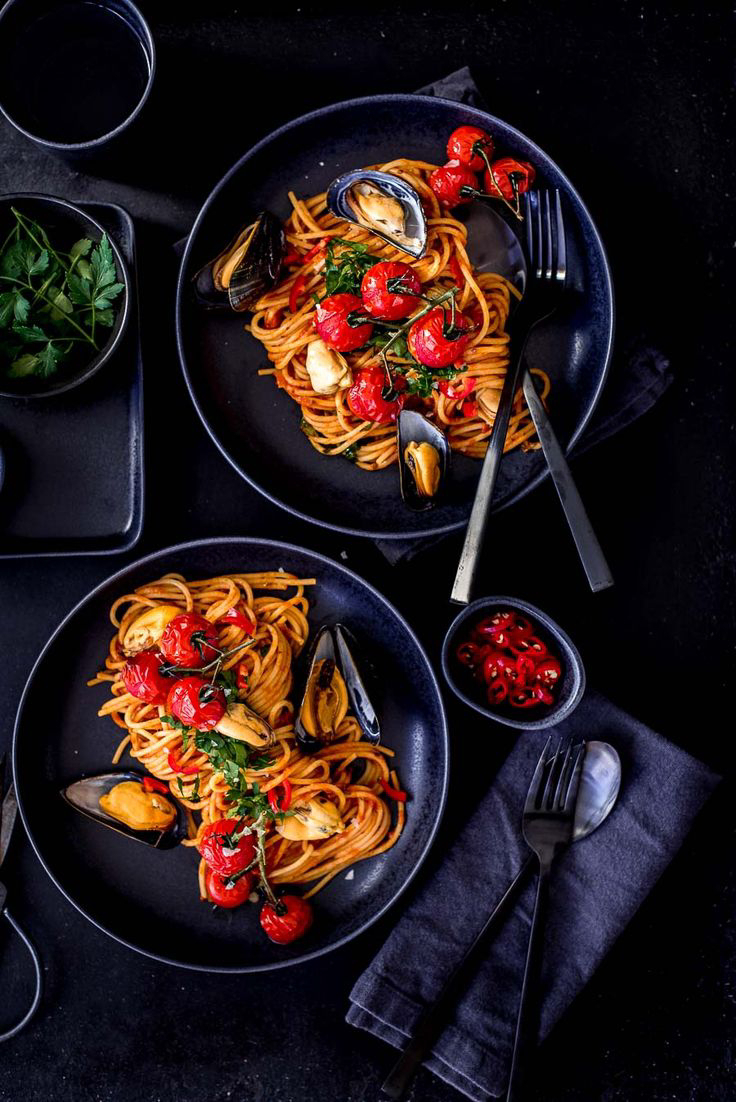Having an Affordable and Healthy Meal Plan.
Meal planning involves preparing meals ahead of time, It might be for a week two weeks or a month or even a shorter period of time. Meal planning usually involves deciding what to eat, making a shopping list and preparing ingredients for a week ahead. The aim of making a meal plan is to smoothen the cooking process save time and ensure you prepare meals that are of a balanced, nutritious diet. A meal plan will also enable you see how much you are actually eating so that you can save on food wastage.
In this article we are going to look at:
I. The benefits of having a meal plan.
II. Simple steps of making a meal plan.
III. Affordable meal planning tips
IV. Having a meal plan tailored to your lifestyle.
I. Benefits of Male Planning.
We live in a world where people are always busy working and this usually leads to one unhealthy lifestyle that is not balanced. We all need energy and in order for us to be productive we must eat and in order for us to eat healthy in our busy lifestyles we need to have a meal plan so that we can track our eating habits and balance our meals. Some of the benefits of having a meal plan include:
a.) Meal planning saves on time since meals are planned for in advance thereby reducing last minute hasty decisions that might lead to unhealthy cooking or even deciding to order take out.
b.) A meal plan promotes healthy eating habits since you plan nutritious meals in due time that are of a balanced diet.
c.) A meal plan is cost effective since it prompts you to create a shopping list, thereby avoiding impulse buying and reducing unnecessary food purchases.
d.) A meal plan helps you monitor how much you are eating, thereby reducing food wastage since you prepare the right quantity of food hence minimizing wastage.
e.) Having a plan relives you from stress since you have planned for your meals ahead, this reduces the stress that comes with meal preparation.
f.) Portion control. A meal plan helps you manage portion sizes thereby ensuring control of calories intake and weight management.
g.) Constantly planning your meals will contribute to a more healthier conscious lifestyle.
II.) Simple steps of making a meal plan.
a.) Know what you want. Figure out what you like eating and the health goals you have. Think about your budget and time you want to spend cooking.
b.) Inventory check. Check what you already have, this helps you avoid buying what you don’t need.
c.) Select how long you need the plan to take, It might be a week, might be two weeks or even a month.
d.) Choose recipes for your meals. Consider meals you love, you can also try new ones.
e.) Make a shopping list of all the things you need to buy. Categorize them in groups like fruits vegetables, meat, etcetera.
f.) Prepare some ingredients in advance, such as marinating your meat or cutting your vegetables. This makes cooking easy in the course of the weak.
g.) Plan cooking times. Set specific timelines for preparing and cooking your meals this save you a whole lot of time in the kitchen.
h.) Mix your nutrients together. To keep your food balanced by having a mix of proteins, carbohydrates, fats and vitamins.
i.) Plan for your leftovers. This will save you money and time since you won’t throw away any food in to waste.
j.) Be flexible and ready to make any changes to your plan in case anything comes up.
k.) Check your plan regularly if there is something that is not working change it.Your meal plan should match your lifestyle.
III.) Affordable meal planning tips.
One of my previous article we talked about affordable cooking, in order to have an affordable meal plan consider the following tips.
a.) Smart shopping. Look for sales discounts, use coupons and also buy in bulk for non perishable items. These habits will save you money.
b.) Buying in season, buying fruits and vegetables that are in season. They are, usually in plenty, are fresher and cheaper.
c.) Make meals around affordable staple foods like rice, beans, pasture and lentils. They are affordable and versatile.
d.) Consider using frozen fruits, vegetables, and proteins. They are affordable and have a long shelf life.This can save you a whole lot of money.
e.) Buy reusable containers for prepping meals, this saves money by minimizing single use items.
f.) Make your own homemade snacks, like popcorns, and groundnuts, it is cheaper than buying pre-packed snacks.
IV.) Have a meal plan tailored to your lifestyle. It is convenient for you to have a plan that is in line with your way of life. Make it practical, suitable in the long run.




Comments
Post a Comment